By Toni-Elena Gallo
Joshua Gray may be the youngest rabbi at Temple Isaiah in Stony Brook, but that doesn’t mean he hasn’t lived. Since joining the temple in July of 2023, he has brought his personal experiences and unique flairs to Isaiah’s congregants.
The 37-year-old grew up in Glens Falls, New York, and was raised Jewish, but didn’t feel a particularly strong connection to his faith. In fact, he grew up wanting to be a performer.
“It’s what I wanted to do when I graduated high school. I went to the Boston Conservatory of Music and then lived in New York City, pursuing that for many years,” Gray said.
“I did a lot of theater. I was trained in opera. So, it was not a direct path to becoming a rabbi, but it all made sense once everything came together,” he laughed.
After meeting his wife in the theater, Gray started thinking about other career options. He had been working in the mental health field, while acting, for years and felt he was being pulled in different directions.
“That was really in my family, that profession. My mom was a psychiatric nurse that ran an outpatient mental health clinic,” Gray said.
“So…I worked in inpatient behavioral units, starting when I was 18, being really into [that sort of thing] and got my psych degree from Penn State, eventually,” he continued.
When Gray and his wife were looking to start a family, he felt he should do something more community-based. Gray explained that he had been doing “independent rabbinical work, and serving on High Holy Days, in the Catskills, at a Reform temple, for about five years.”
“I didn’t want to travel anymore … and it was kind of like beshert, falling into this line of work,” Gray said, using the Yiddish word for fate. “I would peek into doing this full-time every once in a while, but I wasn’t necessarily looking for a pulpit.”
After fully committing himself to becoming a rabbi, Gray found an opening at Temple Isaiah, which he felt was “just a perfect fit for my background, values and family.”
“We had actually just bought a house upstate when I got hired here, and we had to sell it after living in it for only a year to move to Long Island,” he reminisced.
Gray said Temple Isaiah, a Reform Jewish temple, appealed to him because of its inclusivity, welcoming people of all races, sexualities, gender identities and faiths. He was also drawn to the temple’s embrace of modern practices, as a post-denominational rabbi.
When asked what he especially appreciates about Temple Isaiah, he said he values its “different viewpoints and ways of looking at Judaism.” The environment reminded him of his work in the private sector, where he supported people of various spiritual backgrounds, including those who identified as spiritual but not religious.
“I created an 18-week introduction to Judaism course at the temple, which saw people looking to convert, reconnect with the faith they may not have practiced for years, or have interfaith discussions, which I really enjoy.”
Gray is passionate about incorporating community elements into his work and unifying surrounding areas through increased programs. He has organized events with the Bethel AME Church of Setauket and other Christian churches. Gray has developed a mental health and wellness program for people of all ages and has utilized his musical talents to establish an expanded choir — in which his wife is heavily involved — as well. Additionally, he is proud of his work with Abraham’s Table of Long Island, where he has participated in two panels representing the Jewish perspective among a group of Christians and Muslims. During the discussions, each faith leader explains how God speaks to them “in today’s world.”
“I really want us to be the place where people feel like you can find your thing, you know? There’s no particular person you have to be here,” Gray said.
For more information about Temple Isaiah, its programs and upcoming events, visit www.tisbny.org. They will be holding their 2nd annual 3 Village Interfaith Thanksgiving service, at 7:00pm on Nov. 26.
Correction: Rabbi Gray was referred to as a non-denominational rabbi in print, when the correct term is post-denominational. He also was hired by a board at the temple.

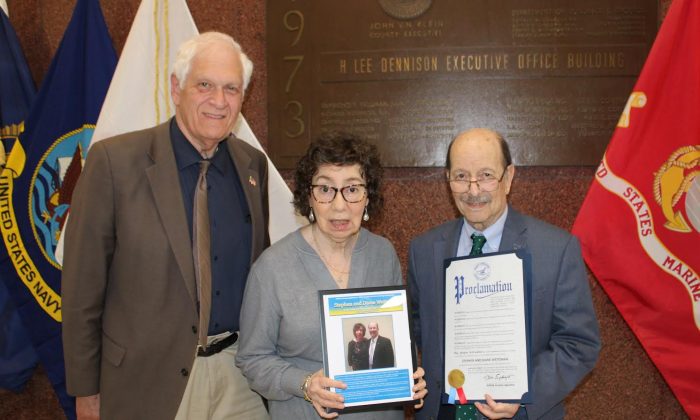
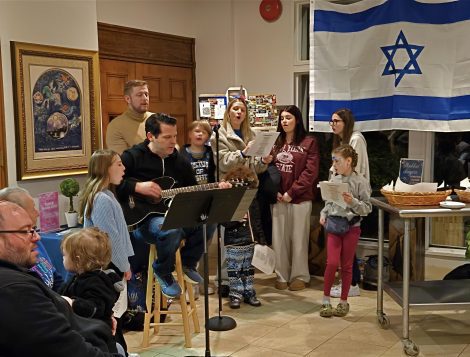
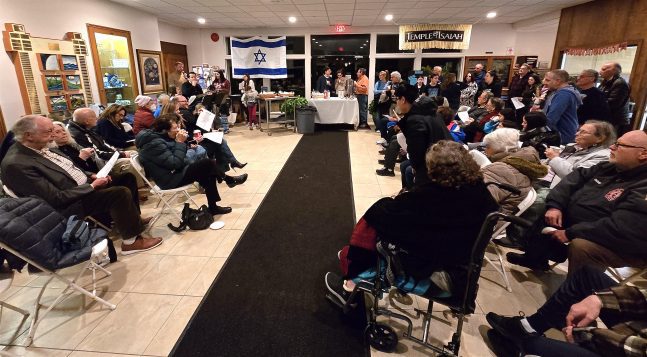
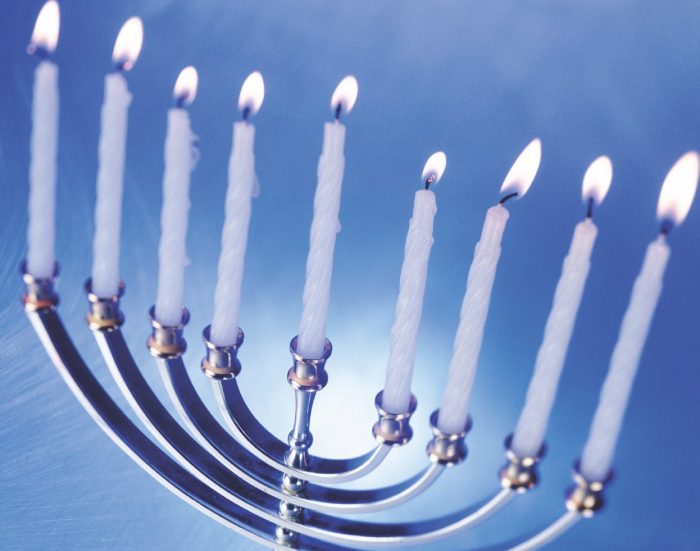


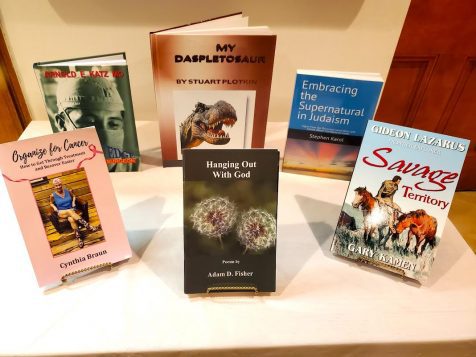
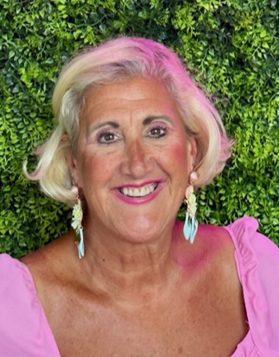
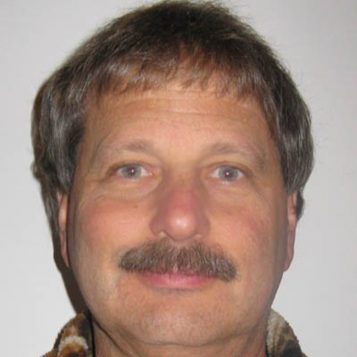
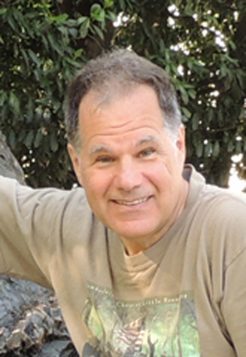
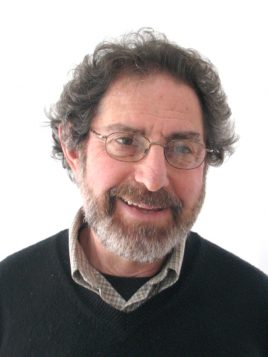
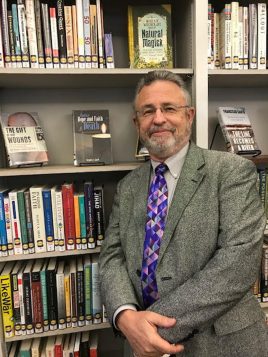
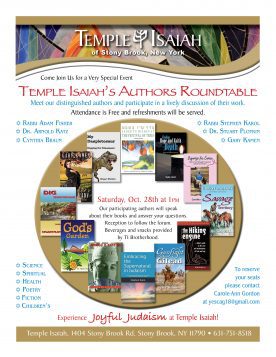
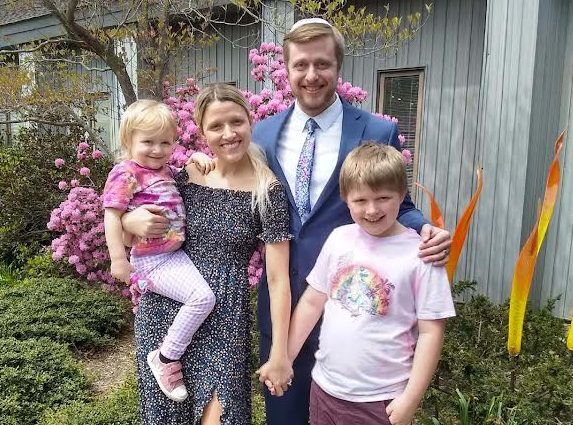
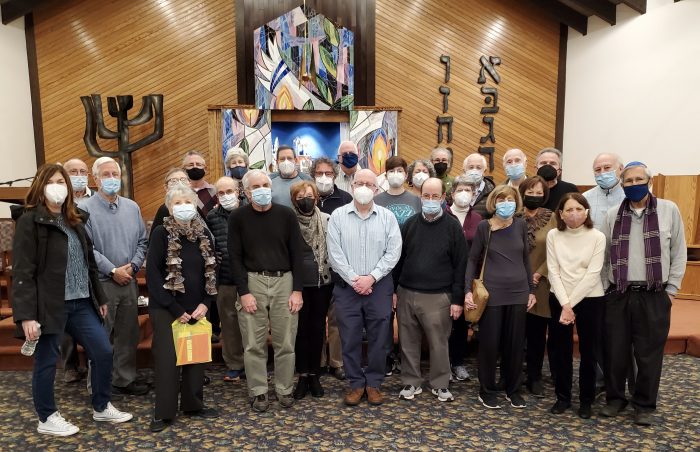
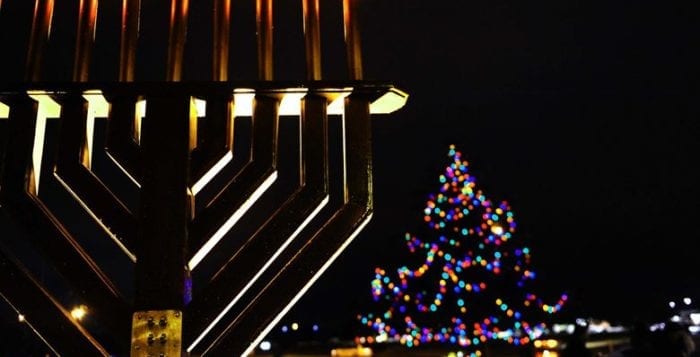
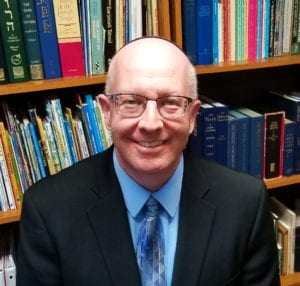
 I address this issue to a general audience, rather than specifically to my congregation, because I believe that it is important for all people of faith, whatever their religion or heritage, to reclaim the true meaning of their holy days. Rather than falsely seeking to unite ourselves through the idol of materialism, focusing on the trappings of the various holidays, let us instead form a true bond with one another by each celebrating our respective holy days and recognizing their real significance.
I address this issue to a general audience, rather than specifically to my congregation, because I believe that it is important for all people of faith, whatever their religion or heritage, to reclaim the true meaning of their holy days. Rather than falsely seeking to unite ourselves through the idol of materialism, focusing on the trappings of the various holidays, let us instead form a true bond with one another by each celebrating our respective holy days and recognizing their real significance. 




